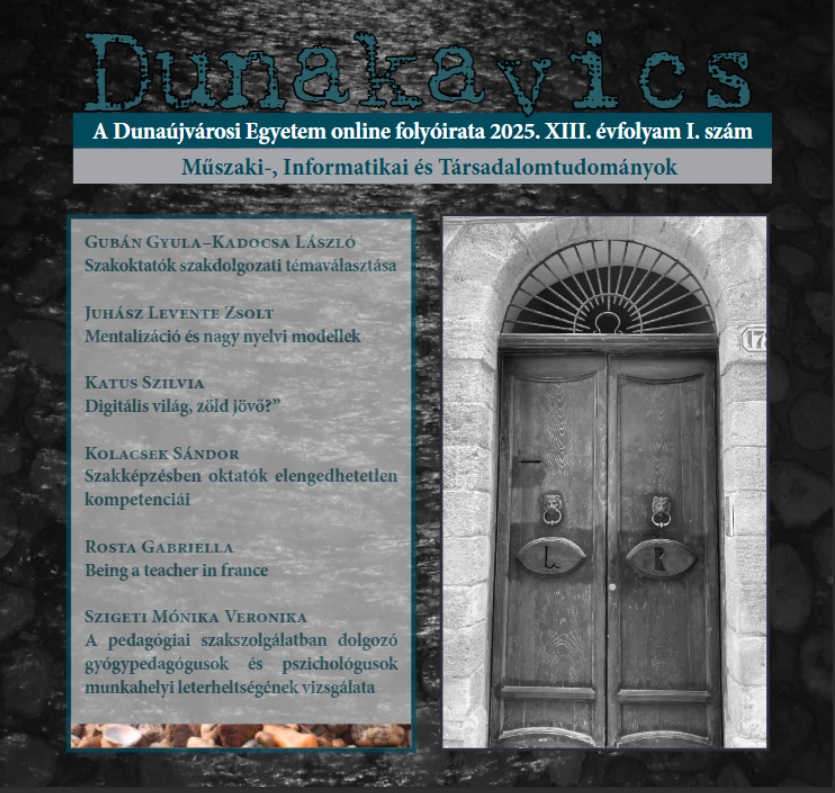Mentalizáció és nagy nyelvi modellek
Abstract
The ability to mentalize allows us to understand and interpret the mental states of others and ourselves, such as thoughts, emotions, desires, and intentions. Therefore, Theory of Mind (ToM) is an intensively studied field of experimental, developmental, and clinical psychology. It helps us predict and understand the behavior of others in human interactions, and it plays a key role in the development and maintenance of empathy and social relationships. These abilities gradually develop in childhood, but their further refinement can be observed in adulthood. The lack or damage of this ability can lead to psychological problems such as borderline personality disorder or autism. A number of measurement procedures, tasks, and questionnaires have been developed to examine the functioning of theory of mind. The latest artificial intelligence systems, large language models (LLMs), are capable of some performances approaching or exceeding human capabilities in certain areas above a certain size. It is an interesting question how they perform in the field of social cognition. The presentation summarizes the basics of mentalization and the most important measurement methods, and reviews the achievements and limitations of language models in these tasks based on the literature.




